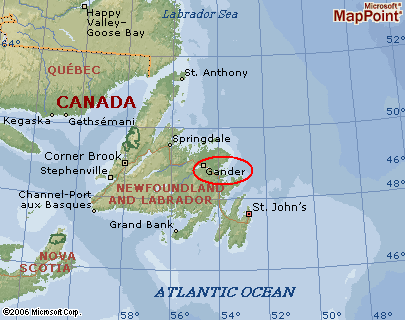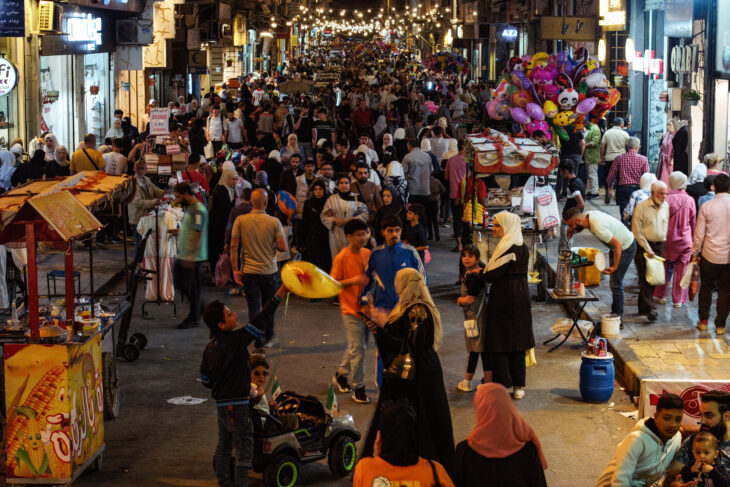
The past few years have seen, across the world, a slow and steady increase in the cry of China being labelled as either imperialist, colonialist, engaging in a debt trap or some form of the three. This talk reached a crescendo with reams of documents put together by scholars and gallons of ink spilt by columnists all purporting to show that China is in fact engaging in not only the nefarious game of impoverishing nations but is also seeking to imitate the west and gobble up the assets in the now defaulting nation.
In the face of this, there has been a small but vocal opposition which has without hesitation stated that China isn’t engaging in the game of debt traps or seeking to otherwise emulate Global North nations and is instead raising the living standards of the nations who it interacts with in terms of trade and infrastructure development. We have been poo-pooed, condemned as ideologues (even though many of those siding with China have no time for communism) and have been told that the proof is in, as major universities looked over the matter.
Well, in one regard they are right, the proof is here, and the jury has returned a verdict on the matter of China being imperialist and engaging in the game of debt traps. After a 3-year study – as discussed by the China Africa Forum – it has been revealed that the deals China enters disproportionately favour the borrowing partner, the study also revealed that the infrastructure projects while beneficial to China, are far more beneficial to the countries getting the infrastructure and boosts their economic output.
This should not come as a surprise to anyone who has either taken time to study the issue or who even has a basic understanding of what is needed to develop a nation. Yes, China benefits from the Mombasa port or Railway, they get goods out from the hinterland to the coast for export to China. But and here is the key, the railway being built isn’t simply going to and through areas of mineral or agricultural resource extraction, rather than copying the British/French/Dutch model the rails go both to the resource areas and also to population centers thereby opening up the internal economy for development.
The port and the railway in Kenya which have up to the end of April been used to bash China as proof that they will strip the nation of these assets if the venture goes under, are now shown to not be in danger of asset seizure and that what instead has been agreed to is that if the venture goes bust that the Chinese company will receive preferential treatment Unsavoury yes, but a far cry from the neo-colonialism we were told about or the crippling debt traps that we have been reading about, in fact when you think about it, this is exactly the kind of trade most people clamour for and teach in schools – namely that the bank isn’t after the port and will leave the nation with it so long as it gets paid.
People point to the lop-sided Chinese deal to take over the Greek port that would have seen Greek workers enduring hellish conditions when compared to what they had to endure before. Much hay was made of this incident, but nary a word was mentioned when the Greek finance minister asked China to renegotiate the deal to be disproportionately in favour of Greek workers and the Chinese readily obliged. The Chinese are ready to re-negotiate deals, something which no Global North nation or institution has ever done without the threat of default and increased starvation, and the proof is now in.
Even little old Jamaica hasn’t been immune from this propaganda. Tales emanate that we are being bought out by China, that they are taking over our land and that they are saddling us with debt. However, as a recent news article showed, after pouring over the deals and documents Jamaica has paid off over 60% of its debt to China, and the areas they have invested in have disproportionately benefited us. We have gained far more than China which is now saddled with the loss-making entity that is JISCO, our people have jobs, guaranteed salaries, and pensions even if the plant shutters, JISCO has to worry about keeping it operational. We benefited when China bought the sugar plantation again maintaining jobs in a dying sector, China had to figure out how to keep it afloat.
The same goes for the highway and the toll road. Yes, CHEC has made a tidy profit from these ventures and the aim is to have resources go to the harbour, but the route being built is not the one the British laid down and we now see as a result of these ventures rural Jamaica opened up in ways that were unimaginable up to 20 years ago.
Now, it is true that some deals are made in shady ways. Some deals are made in such ways that they largely favour the Chinese company and almost always see officials in the recipient state being bribed. This is unfortunate, but two things leap out here: firstly, the foreign entity doing this corruption is a private company never the state or a state company, and secondly, and more importantly, what it then highlights is a local issue which is the inability to hold governments to account. The first can be blamed somewhat on China which has responded by cracking down on corrupt companies, but the second is wholly the responsibility of the recipient nation and their inability to control and make demands of their leaders is not China’s issue.
They are not doing charity no matter how good the deals are, and if they see an opportunity they will take it, what makes them different is that when called out they acknowledge and renegotiate because rather than want to rule the world they simply wish to engage in trade which is best done in a win-win fashion.
This again is a marked difference from what is offered by Global North countries and institutions who when we enter deals with them, we have to cede our authority, autonomy and independence. These deals however bad were products of our independent governments and can be renegotiated to be in favour of the benefiting nation, what is needed – as was noted by the China Africa project – is pressure on the local governments to make the deals free from corruption in the favour of the people and where they haven’t, have them be renegotiated.
We all cry about the steady loss of independence that nations in the Global South are facing, China offers a path towards independence by being open to making deals in favour of the borrower and renegotiating and what is needed is for the locals to push for it. What is also needed is making the contracts public. All of these false scares have come about because the contracts in question remain shrouded in secrecy. On the Chinese side, this may grate but is understandable as the political culture isn’t to have everything out in the open detailing every minute point, it is controlled to a certain extent. Countries like Jamaica. Kenya, Sri Lanka and so on must then fill the void and make the contracts public heading off at the pass the lies spread by the naysayers who can only get away with it because the documents are not freely available.
This is important for many reasons; it would prompt China to become more open in that regard but would also ease a lot of pressure that we face when we make deals with China. We would not be accused of selling out the country, engaging in debt traps and other nonsense and could instead show with concrete proof that the deals are in our interest. We cannot afford to be silent on pressing our governments to renegotiate deals or make contracts public, to do so is to cut our collective throats and end infrastructure development which has been at an all-time high thanks to China and return us to no infrastructure that we experienced before China.



